FEATURED LOANS
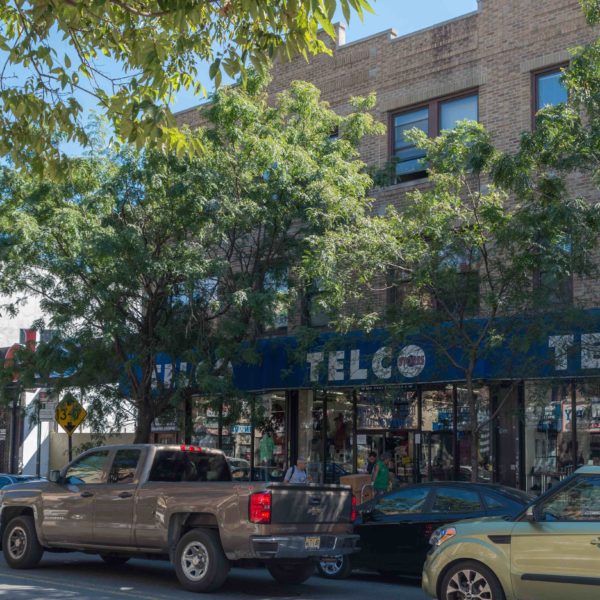
RIDGEWOOD, QUEENS
_____________
$9,500,000 construction loan collateralized by a 24,000 square foot building with 120 feet of retail frontage on the busy Myrtle corridor in Ridgewood. The loan was issued to enable the developer to build an additional floor with the 11,000 square feet of air rights the building possessed. The finished product would contain 15,000 square feet of retail and 22 apartments spread across 20,000 square feet.
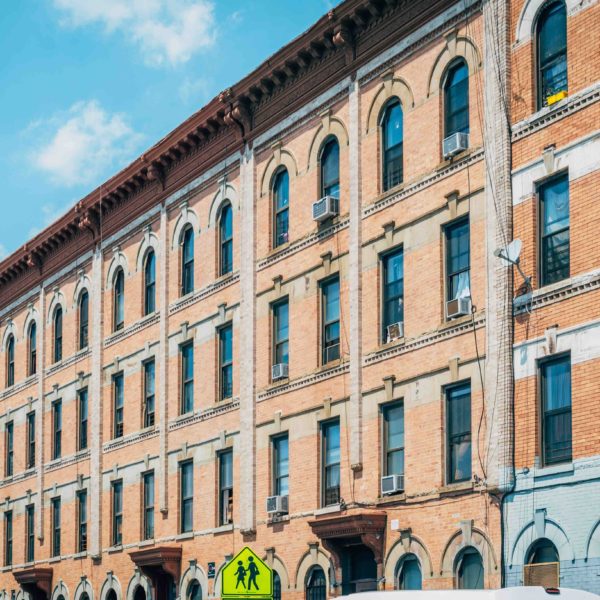
BUSHWICK, BROOKLYN
_____________
$6,500,000 rehab loan collateralized by three contiguous 8 family apartment buildings in the heart of Bushwick. The borrower had acquired the three properties a few years prior to seeking a bridge loan. During that period, the borrower vacated 18 of the 24 units and obtained approved plans to combine the buildings and convert them into 31 apartments. The loan was funded to facilitate the renovations needed for this conversion.

BED STUY, BROOKLYN
_____________
$5,000,000 construction loan collateralized by a development site with 35,000 square feet of air rights. Initially, the loan was to serve merely as an acquisition loan, where Skybrook structured a $2,800,000 loan to facilitate the purchase. Subsequent to closing, the borrower approached Skybrook for additional funding to be used to build the super structure and interior framing. An additional $2,200,000 was funded for this purpose.

BED STUY, BROOKLYN
_____________
$4,500,000 rehab loan collateralized by a vacant 22,000 office building located on one of Bed Stuy’s main commercial avenues. The loan consisted of acquisition financing as well as tenant improvement capital. The loan closed 7 days after the term sheet was executed.
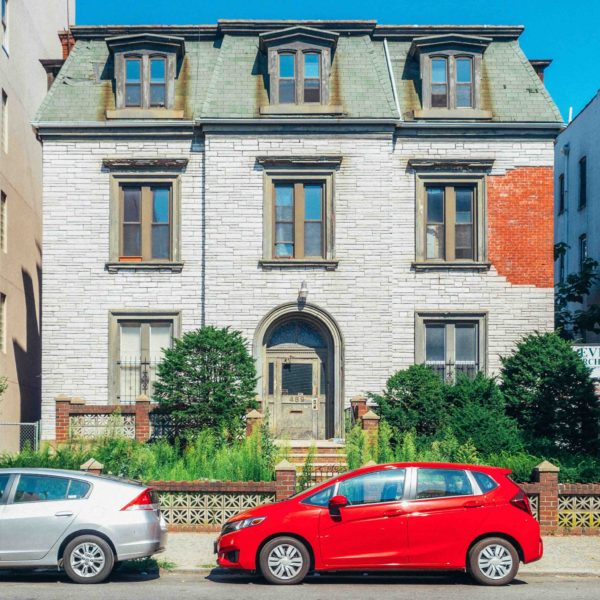
CLINTON HILL, BROOKLYN
_____________
$4,300,000 rehab loan collateralized by a vacant church located in Clinton Hill, Brooklyn. The borrower found himself a great deal and sought a high loan to cost loan to facilitate the purchase of this property. At the time of the loan the borrower already had approved plans to convert the church into a 21 unit, 14,000 SF apartment building. Skybrook recognized that the borrower was acquiring the asset for well below market and was comfortable structuring an unusually high loan to cost loan.
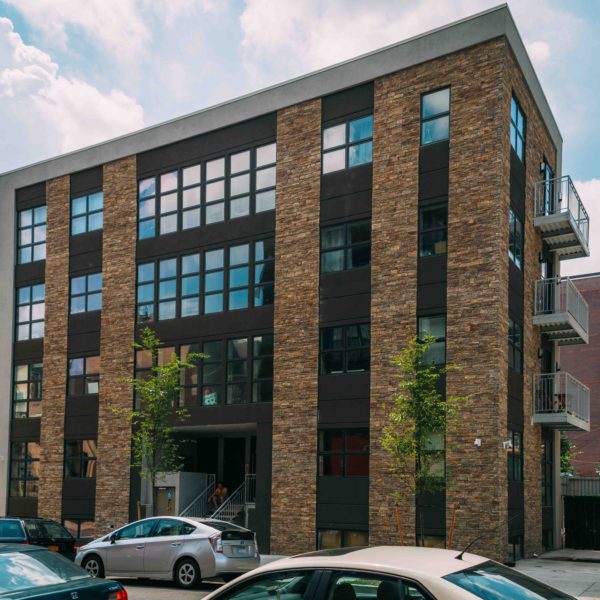
WILLIAMSBURG, NY
_____________
$3,500,000 construction loan collateralized by two contiguous 8 unit buildings that were mid-construction when the loan was issued. The borrower purchased the property and built the superstructure of both buildings all cash. At that point he needed a private lender to step in and fund the balance of construction to enable him to complete the project. Skybrook was able to close the loan in under a week’s time and structured the loan with numerous draws to provide the borrower with the necessary liquidity to complete the project.

HARLEM, NY
_____________
$3,080,000 rehab loan collateralized by a vacant 10 unit apartment building in the hip Harlem neighborhood in Manhattan. At the time of the loan the property was in need of a complete gut renovation. The purpose of the loan was to fund a portion of both the purchase and renovation of the gut rehabilitation. The property featured large units which enabled the borrower to convert each apartment to 4 bedrooms.
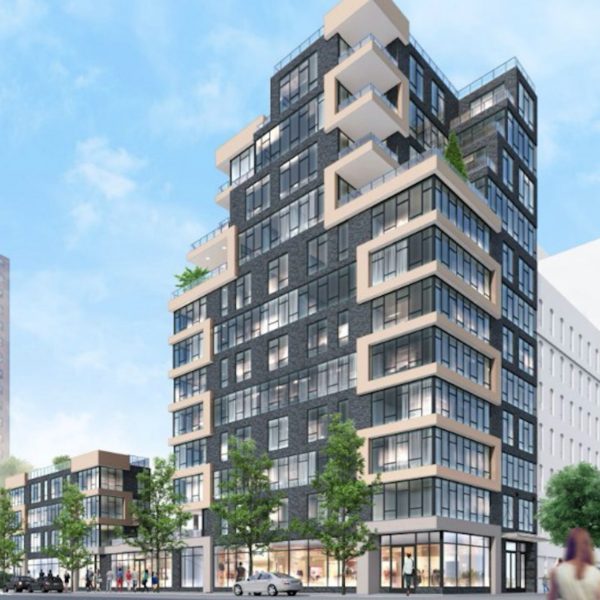
HARLEM, NY
_____________
$3,000,000 bridge loan collateralized by vacant land with 45,000 SF of buildable air rights. This represented 50% of the purchase price. The purpose of the loan was to facilitate the purchase of the property and allow the borrower to obtain approved plans and renderings, at which time a conventional lender would finance the construction of the building.
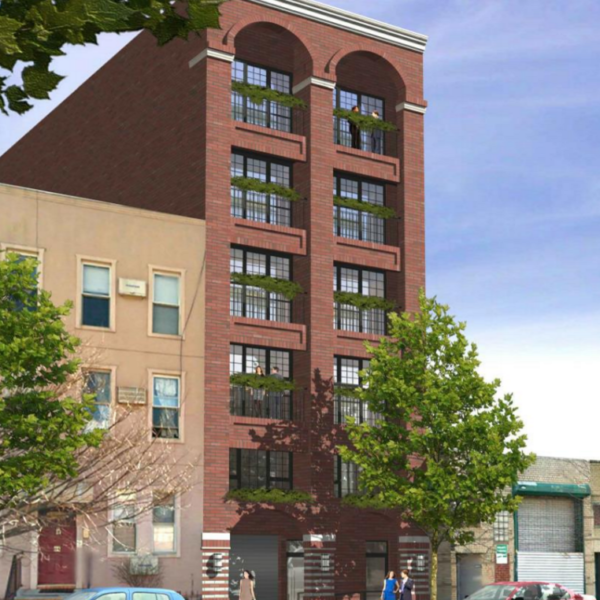
GREENPOINT, BROOKLYN
_____________
$2,900,000 construction loan collateralized by a 7,000 SF condo project that was 70% complete upon loan issuance. The borrower, a seasoned developer, approached Skybrook to refinance his current conventional debt and recapitalize the deal in order to be able to expeditiously complete renovations. Skybrook painstakingly negotiated a loan structure amenable to all parties and was able to provide the borrower with the financing needs required.
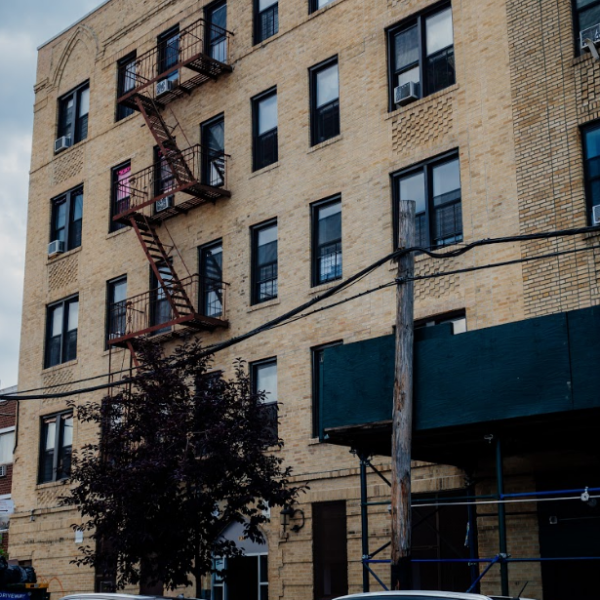
BRONX, NY
_____________
$2,375,000 bridge loan collateralized by a 25 unit apartment building in Bronx, NY which was mostly vacant at closing. The deal was brought to Skybrook with a lot of “hair” because the building had hundreds of housing violations and was in New York City’s alternative enforcement program (AEP). Skybrook was quickly able to understand the process for remediating these violations and had seen the borrower work in these situations before. The borrower used the bridge loan to greatly enhance the building by remove its violations, taking it out of AEP, renovating it, and leasing it up to market rate tenants.
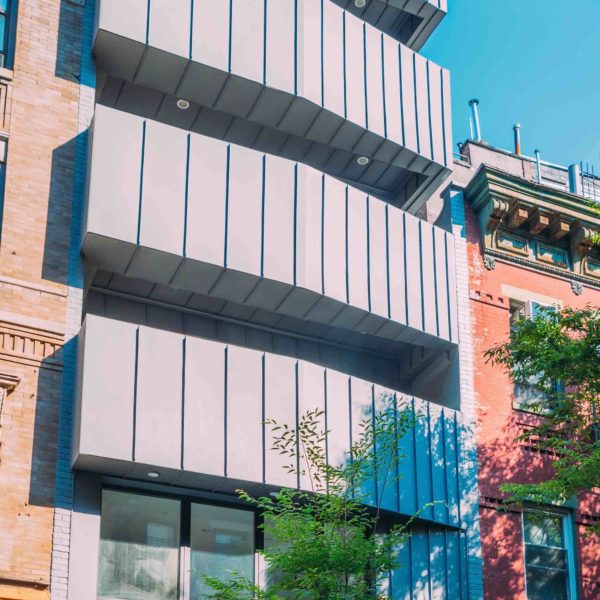
GREENWICH VILLAGE, MANHATTAN
_____________
$2,400,000 bridge loan collateralized by a single family house in prime Manhattan. The borrower had been funding the construction of a high end 6,000 SF single family home with ground floor retail all cash. With the property 90% completed, the borrower approached Skybrook because he needed funds for outstanding renovations and some remaining soft costs.
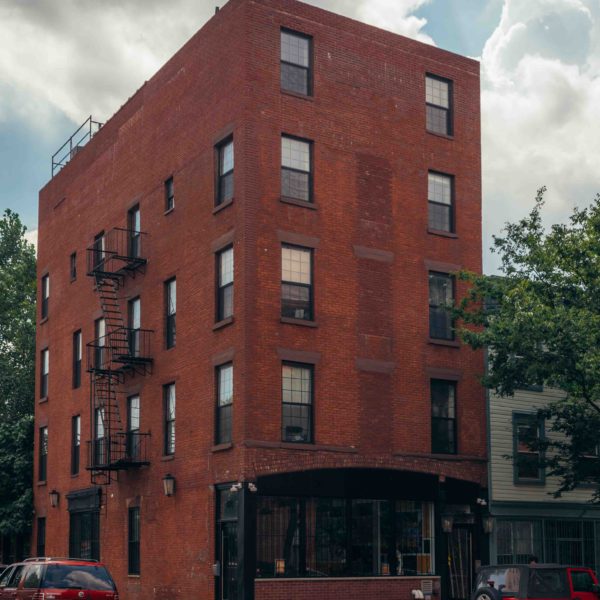
BOERUM HILL, BROOKLYN
_____________
$1,900,000 rehab loan collateralized by a vacant, 5 unit mixed use building in the trendy Boerum Hill neighborhood of Brooklyn. The building had previously suffered from a fire and was in need of a complete gut renovation. Skybrook arranged the funding of both a portion of the purchase and construction to bring this beautiful brick building back to its full glory.
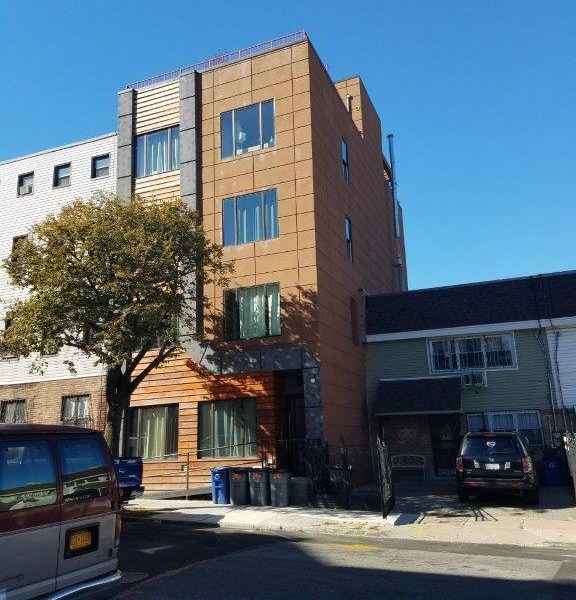
NORTH BUSHWICK, BROOKLYN
_____________
$1,800,000 rehab collateralized by a vacant 3 family apartment building at the time of closing. The purpose of the loan was to enable the borrower to build up 1 floor and convert the building from 3 apartments to 8 apartments.
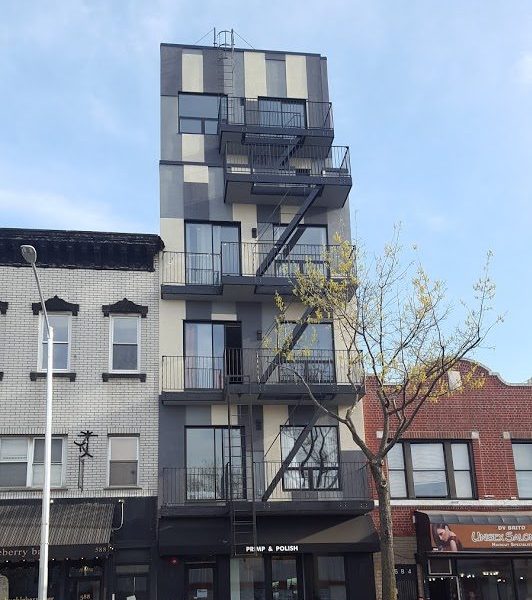
WILLIAMSBURG, BROOKLYN
_____________
$1,700,000 construction loan collateralized by a mixed use building. The borrower owned his building for decades and wanted to take advantage of the air rights that he had. The construction loan was used to fund the vertical and horizontal expansion of the 3,600 square foot, 3 story structure to a 10,000 square foot, 5 story building.
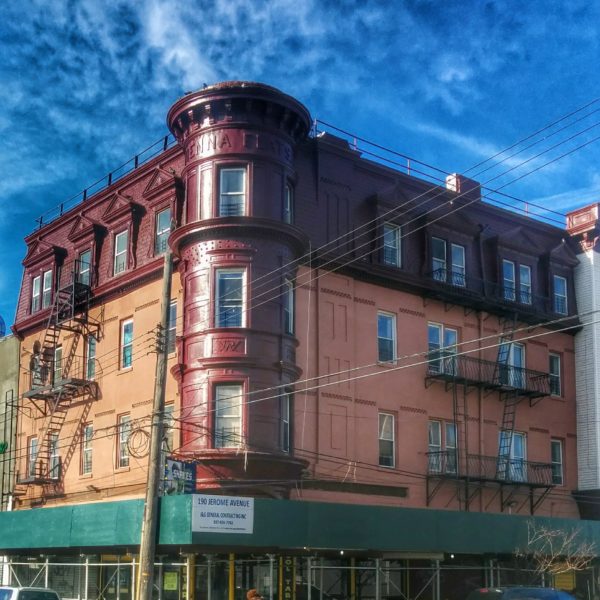
EAST NEW YORK, BROOKLYN
_____________
$1,460,000 rehab loan collateralized by a 17 unit apartment building, of which 12 were vacant at closing. The borrower was in contract to purchase the property via a short sale and needed a 5 day close on the transaction. Skybrook was able to quickly understand all the moving parts involved in the loan and closed the loan in the time frame expected. The loan funded a portion of the purchase as well as the construction proceeds for the gut renovation.

BED STUY, BROOKLYN
_____________
$1,050,000 rehab loan collateralized by a brownstone in Bed Stuy. The loan was issued to finance the purchase and interior renovation of a gorgeous Brooklyn brownstone on a historic Bed Stuy block. The borrower had another lender who fell through days before his closing and approached Skybrook 4 days before he needed to purchase the property. Skybrook quickly did all due diligence necessary and realized the borrower was buying the property well below market value. The loan was issued in a timely fashion and the borrower averted having to pay expensive extension fees for delaying the closing.
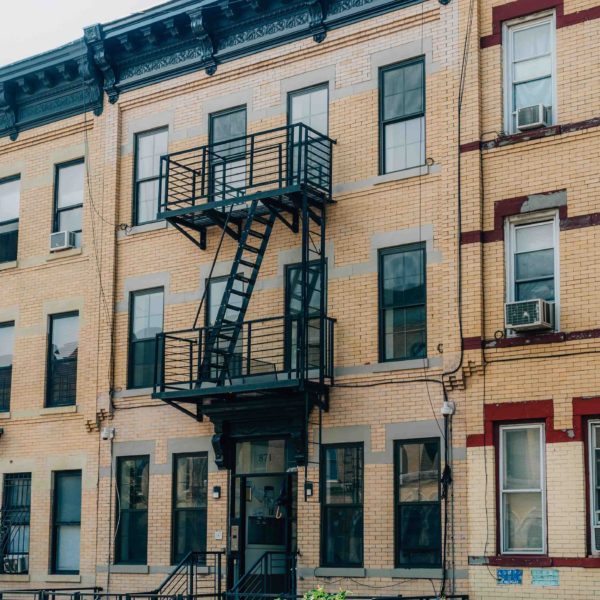
NORTH BUSHWICK, BROOKLYN
_____________
$1,050,000 rehab loan collateralized by a 6 unit apartment building, of which 4 were vacant at closing. The borrower needed a private lender who could quickly fund the construction of the vacant units and be able to refinance the building with a conventional lender in under a year. Skybrook reacted quickly and to meet the borrower’s immediate needs.
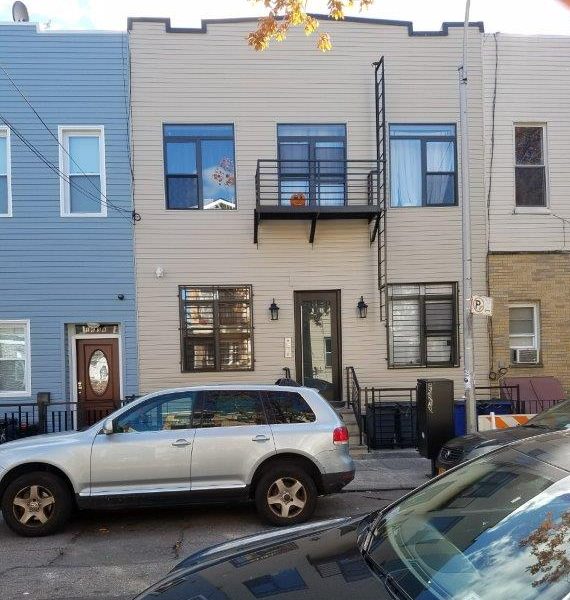
RIDGEWOOD, QUEENS
_____________
$1,000,000 rehab loan collateralized by a 4 family apartment building in Ridgewood. The loan was issued to enable the purchase and gut renovation of this building located in the quaint Ridgewood neighborhood of Queens.
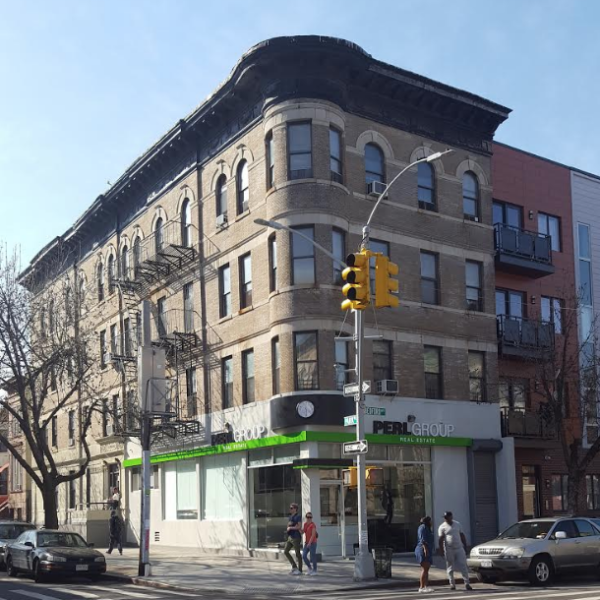
CROWN HEIGHTS, NY
_____________
$340,000 bridge loan collateralized by a commercial condo in Crown Heights, Brooklyn. The borrower had a commercial lease on a commercial condo with an option to purchase at a certain strike price, which was well below market value. The option was quickly expiring and the borrower did not have the funds to acquire the condo. Skybrook stepped in just a few days before the expiration of the option and structured a loan that enabled the borrower to exercise his option.

